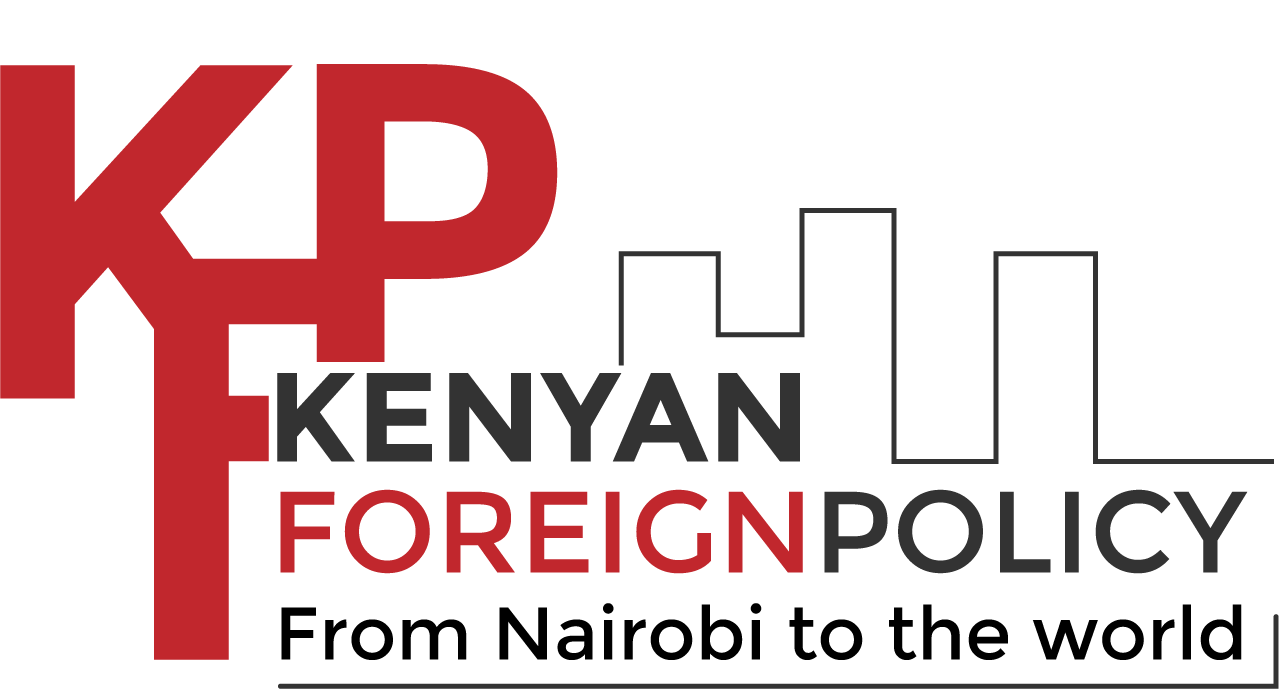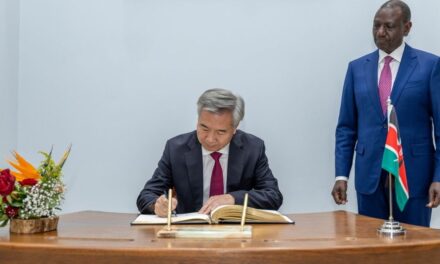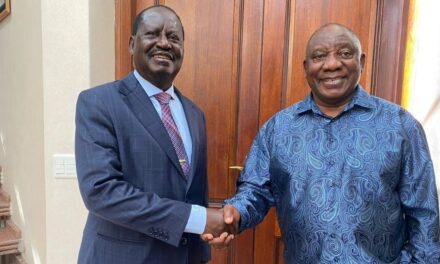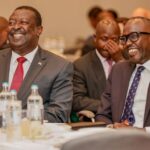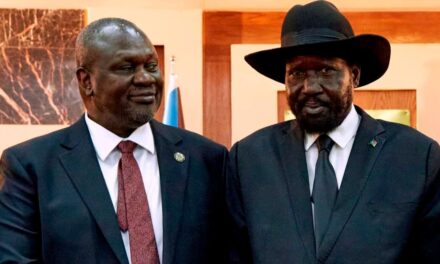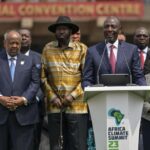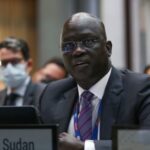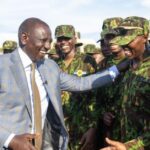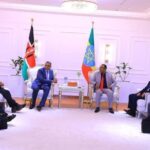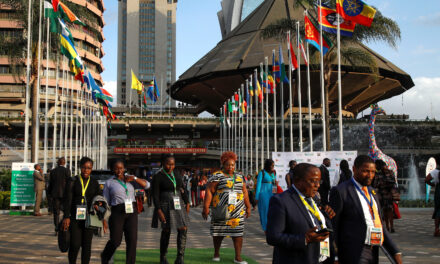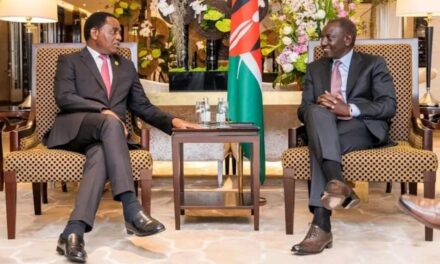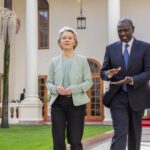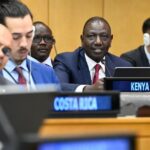

What Africa Should Expect Under Trump’s Presidency
| November 9, 2024

Under Trump’s “America First” policy, Africa could witness reduced emphasis on cultural diplomacy and exchanges impacting the US’s soft power in Africa negatively. Photo: Handout
America is considered a major super power globally. Its leadership always affects global foreign policy with the probability of impacting other economies, personal freedoms and foreign conflicts.
This has been witnessed for a long time through the US foreign policy.
Ironically, its foreign policy used to neglect the resource-rich African continent but with stiff competition from Russia and China, renewed interest has shown shifts in recent years.
For example, President-elect Trump had a signature initiative during his first term in office; “Prosper Africa”.
This initiative was intended to help American companies doing or seeking to do business in Africa but was shelved upon his loss.
Therefore, as expected, his re-election would definitely usher in policies that will affect ordinary citizens in Africa.
Under Trump’s presidency, shifts in foreign policy might focus on Bilateral Relations whereby his administration will prioritize bilateral trade agreements over multilateral ones resulting into more tailored relationships with individual African countries.
He might also reduce foreign aid since his approach often emphasized “America First” policies which will definitely impact developmental programs across the African continent.
On trade opportunities, African governments might wish that President-Elect Trump renews the “African Growth and Opportunity Act” (AGOA), a Clinton-era policy that gave countries duty-free access to the US market.
However, depending on Trump’s trade strategy, this act could face scrutiny forcing African countries to re-negotiate news terms to maintain or enhance access to US markets.
American Investment Opportunities are likely to increase in the energy and technology sectors which align with US interests.
The US foreign policy focuses on promoting freedom and democracy and protecting human rights around the world.
The values captured in the Universal Declaration of Human Rights and in other global and regional commitments are consistent with the values upon which the United States was founded centuries ago.
Therefore, not much is expected to change under Trump’s presidency on the continent.
He will maintain or adjust America’s military presence in Africa with special emphasis on counterterrorism and stability in regions such as Sahel and the Horn of Africa.
However, partnership security shifts will be evident based on his prioritization of certain regimes or conflicts.
Under its outgoing government, the US always viewed climate change as an exacerbation of several risks to its national security interests ranging from physical impacts that could cascade into security challenges to how countries respond to climate challenges, hence committed to solving this global menace.
However, Trump has always been skeptical about climate change and might withdraw from Global Climate Change Agreements leading to hindering global cooperation on environmental issues, hence negatively impacting climate change vulnerable African Nations.
More so, his policies on environmental regulations could affect Investment in Fossil Fuels since countries with these resources have increasingly focused on fossil fuel extraction regardless of its both positive and negative consequences.
The US foreign policy further views democracy and human rights promotion and protection as cardinal as enacted in the country’s law.
Ironically, Trump’s presidency might support authoritarian regimes that favor strong leaders who potentially undermine democratic movements and human rights initiatives on the continent.
The US will play limited advocacy roles for human rights and governance reforms as strategic interests take precedence.
Under Trump’s “America First” policy, Africa could witness reduced emphasis on cultural diplomacy and exchanges impacting the US’s soft power in Africa negatively.
Trump’s administration rhetoric could also influence how African Nations view the US and affect diplomatic relations.
Therefore, Trump’s win creates a new chapter in the US-Africa relations. It comes with both potential benefits and drawbacks.
It will focus more towards strategic interests and economic opportunities against setbacks in humanitarian concerns and multilateral cooperation.
Outcomes will basically be influenced by specific implemented policies and how African Nations respond to these changes.
Mohammed Ahmed Awil is a Former Ambassador Extraordinary and Plenipotentiary, Federal Republic of Somalia to the People’s Republic of China.
Your support empowers us to deliver quality global journalism. Whether big or small, every contribution is valuable to our mission and readers.
